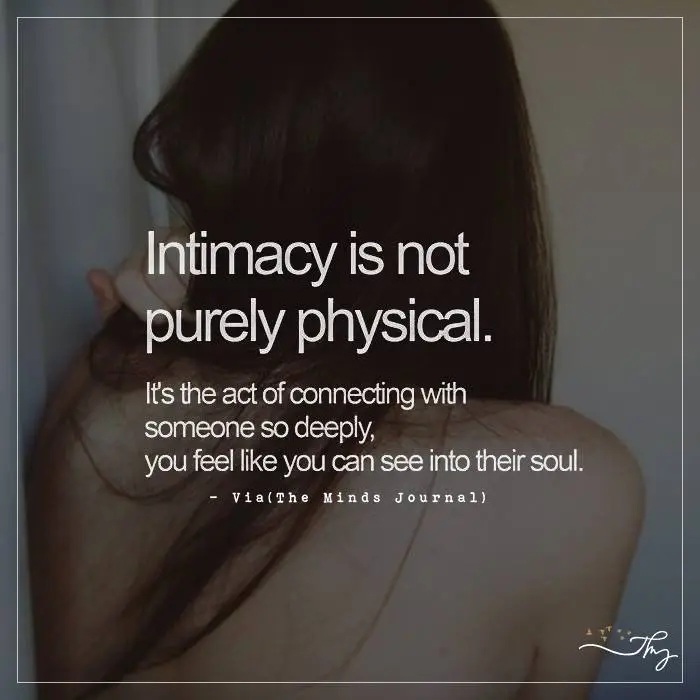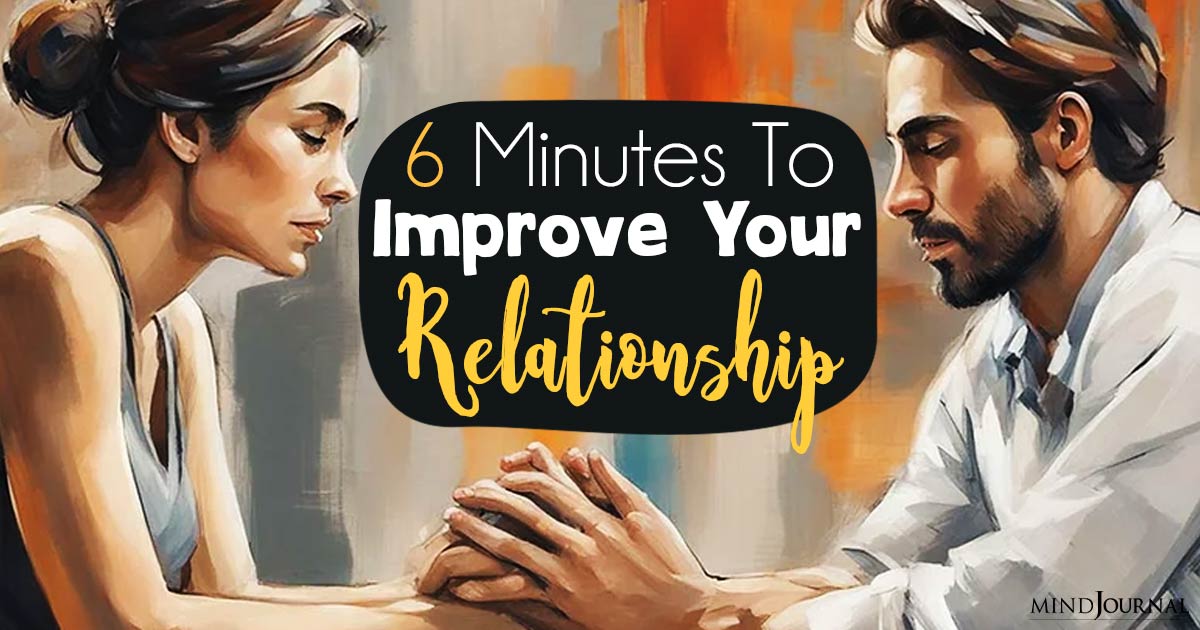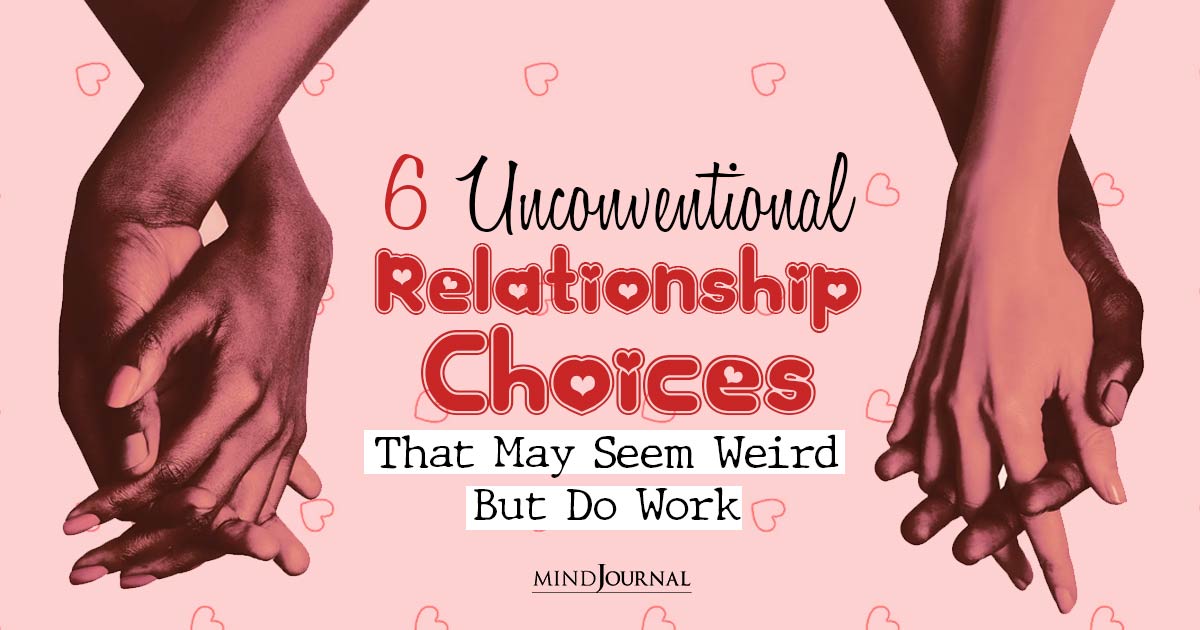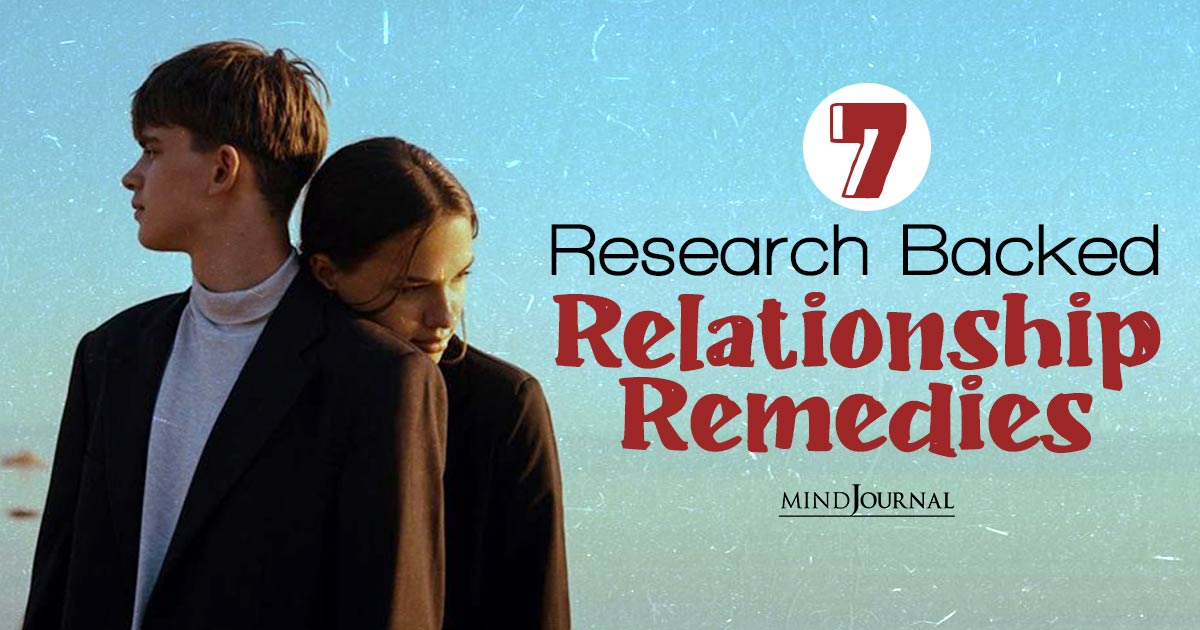Studies have shown that a few years into a relationship or marriage tends to result in low sexual desire in couples. But why is that?
Believe it or not, more often than not, it is due to a lack of understanding and clarity. Low sexual desire in couples can also be a result of them treating sex as an obligation or entitlement.
“Sex is always about emotions. Good sex is about free emotions; bad sex is about blocked emotions.” – Deepak Chopra
Why Couples Stop Having Sex: The Paradox Of Yes In Saying No
By Kyle Benson
Sexual desire is leaving the American bedroom faster than a Kansas tornado will rip apart a house.
Long-term relationships, far too often, experience a dwindling sex life. “Experts” often blame the coals of passion for women; their vanishing libido post-marriage. Their keen focus on raising the little ones while ignoring the man next to them.
The lack of female desire is a profitable industry. Thousands of books, full of “theories” on why women lose desire, fill bookstores.
But can a pill really put women in the mood?
I don’t think so.
The problem is that women (and men) need to feel safe to explore their sexuality. The last thing they need is to feel criticized for saying, “not tonight.” Being human is complex, especially with waves of emotions and desires crashing into our bodies. Being in a relationship is even more complicated; it requires two people to work with each other’s shifting emotional realities, both together and individually.
Far too often, I see a resentful woman with little sexual desire for her partner, married to a resentful man for her lack of desire. For a couple to have sex often, neither partner should meet the other’s “no” with rejection, anger, or withdrawal.

Neglecting your partner your love, an emotional connection, or physical contact for saying “no” to sex will make saying “no” easier the next time. Ironically, the partner who was rejected by their partner must offer a positive response back to their partner. This is the paradox of sex in committed relationships.
Let’s Play This Out In Two Scenarios
Meet Chris. Chris loves Lacey. Chris understands that he needs to accept Lacey refusing to have sex tonight, but in his mind, that doesn’t make it okay.
He believes the wedding band on her A ring does not guarantee sex finger means her body is his right. He believes that her refusal denies him the thing he feels entitled to. So Chris tries to convince Lacey, again and again, hoping his next attempt will “push her over the edge.”
Unfortunately, the sexual edge he is pushing her over is not a healthy edge. If she has sex with him, it’s because he couldn’t accept her “no.” This leaves her to resent him. While their genitals may be fornicating, the love and connection in both of them are numb.
If Chris can’t convince her to change her mind, he starts to act like a sad puppy. He sulks, whines, and may even bite her with criticism. He might even ignore her altogether.
Whatever happens, his negative response to her “no” is punishing Lacey. The subcontext of his actions are sending the following message: “It’s not okay for you to say no. It’s not okay for you to be your own person with a desire that doesn’t match mine.”
Obviously, none of this is going to put Lacey in the mood.
In fact, it will do the exact opposite. It will escalate the tension and resentment between them. It will reduce her desire to have sex the next time he asks.
Over time, Lacey turns into a sexually dormant woman. She is emotionally blocking her erotic nature by the wall of her resentment.
“When sex involves all the senses intensely, it can be like a mystical experience.” — Jim Morrison
Let’s Explore An Alternative Reality
As Lacey turns down Chris for sex, Chris accepts it. Just like that. He doesn’t hold a grudge or make up a theory that she is cheating on him. He doesn’t view sex as a right or an expectation he deserves when he wants it. Sex, for both partners, is a choice made every single day. It is not a mandatory obligation.
For example:
Lacey: “Not tonight. I feel sick from dinner.”
Chris. “I’m sorry, babe. I hate that feeling. It makes me not want to do anything either. I love you.”
Chris’s caring response is a far cry from the traditional “you always feel sick” complaint.
This caring response is far more effective. Receiving a positive response from Chris for turning down sex does not cause Lacey to say “no” more often in the future. His actions reinforce that he loves Lacey despite not getting what he wants.
His words remind her at her core that their sex life is about making love, not increasing the frequency just so Chris can release his sexual tension. To her, saying “no” lead to Chris making her feel loved.
“Sex is emotion in motion.” — Mae West
Sex becomes more frequent in a relationship of loving responses. It cultivates trust and togetherness, leading to more erotic and passionate lovemaking.
Whether we realize it or not, we constantly rate our relationships. We value our partner’s responses in every single exchange we have. We are constantly reinforcing or amending the “story of us.”
According to John Gottman’s research, it has to be okay, even rewarding, for either partner to refuse sex.
Paradoxically, this leads to more sex. Many people find this confusing. I know I did. But relationships are complicated. That’s what makes them beautiful. They require understanding and working together.
For couples who are coping with a decline in a desire, how could your relationship change if you allowed each other to be as you are?
If you make it more than okay for either of you to say, “not tonight,” there will be many more nights when both of you will say “YES.” Female Viagra isn’t needed to fix low desire; just the pill of understanding and empathy.
Three Steps To Help The Rejected Not Feel Rejected
1. Don’t take the “no” personally.
Realize that a lack of a sexual desire for you isn’t all about you. Stresses from work, health issues, and general exhaustion drain us from having the energy to get it on. For most couples, I recommend using an arousal scale. It allows partners to realize that desire can be different among partners at the same time but doesn’t mean that the relationship is any less passionate. It just means you’re not getting it on tonight.
Read Can Depression Affect Sexual Desire? Here’s What You Can Do
2. The Curiosity of Rejection.
If you become angry, frustrated, or resent your partner, become curious as to why. Why is being told no to sex once such a big deal to you? Sex and love are full of private meanings. In my early twenties, sexual rejection meant I was inadequate and unworthy of love. Sex was validation for my self-worth, not a mutual act of appreciation and love.

Read 8 Reasons Why Men Should Deal With Romantic Rejection Better
Read Online Dating Rejection: 4 Possible Explanations For This
3. The Mirror of Reflection.
If this rejection bothers you, ask yourself how this reflects on you. On your relationship. Recall the happy moments in your relationship to help cope with the feeling of rejection. Realize that your partner doesn’t want to hurt you and is merely telling you how they feel. Their behavior has little to do with you and more to do with them; just as your behavior and feelings have more to do with you than your partner. Reflect, ponder, and get to know yourself better.
Sex requires communication, understanding, and appreciation, even when things are not the way we want. Love is about loving your partner unconditionally, with or without your genitals touching.
Low sexual desire in couples is a problem, but not an unsolvable one at that. Sex should be treated as a fulfilling and beautiful experience by both your partner and you; it should never be treated as an obligation. Have sex because both of you want to, not because you should. This will not only make you love and appreciate each other more, but it will also prevent you from harboring any resentment towards each other.
Read Why I Haven’t Looked At Myself In A Mirror For Months
If you want to know more about low sexual desire in couples and how to change that, you can check out this video below:
Dedicated to your happy sex life,
Kyle Benson
Written by Kyle Benson
Originally appeared in Kyle Benson









Leave a Reply
You must be logged in to post a comment.